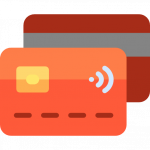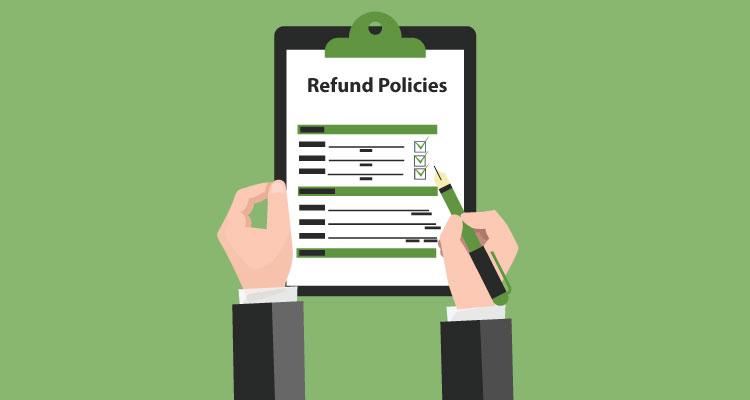Patient Refunds – Are you doing it right?
OUR BLOG HAS MOVED!
This blog was last updated in 2019.
This post has been updated! Click here to read.
“I have noticed an increase in the number of cases involving theft of patient and insurance refunds over the last 2 years.”
Bill Hiltz
Here are are a few suggestions to help when processing refunds:

Secure your merchant terminal so employees cannot issue a refund to a credit or debit card without authorization. (note: this will not affect same day refunds to the same card.)
If your patient paid by credit card, then refund to their credit card. You should only refund when the patient is in the practice and they present their card in person.
Check your merchant service statements each month to look for unknown charge-backs and refunds. If things do not add up, examine further to find out why.

When refunding by check to prepare and mail the check yourself. DO NOT write refund checks and give them to an employee to put in the mail. Confirm the patient’s correct address before you mail the check. In fact, never give a check to an employee other than their own paycheck. Mail every check yourself – or have an external bookkeeper do it for you.
Whenever you are asked to issue a refund make sure it is legitimate. Examine the patient’s account, insurance EOBs, day-end merchant records and whatever other documents are needed to support that the refund is bona-fide.

It may be a good idea to make a “refund form” that your employees must complete and submit whenever a refund is requested. Keep a paper trail.
If you suspect that an employee has been taking checks that you issued for refunds to pay vendors, then go online to your bank and obtain images of the cancelled checks.
Examine the backsides of every cancelled check to see if the depositor information matches the payee information.
What you are looking for are markings on the back side of the check that suggest it was deposited into the “wrong account”
Often, misappropriated checks will be deposited into the same account as the employee’s payroll, so you can look for a match.
If you do any of these these things and your employee suddenly or awkwardly resists, or exhibits other atypical behavior, it may be because you have stepped on a nerve ending – meaning that your employee has been diverting checks and your actions have now blocked further attempts. If you doubt this behavior, , ask yourself, “What other factors could cause my employee to behave this way?” Chances are, there will be none.



